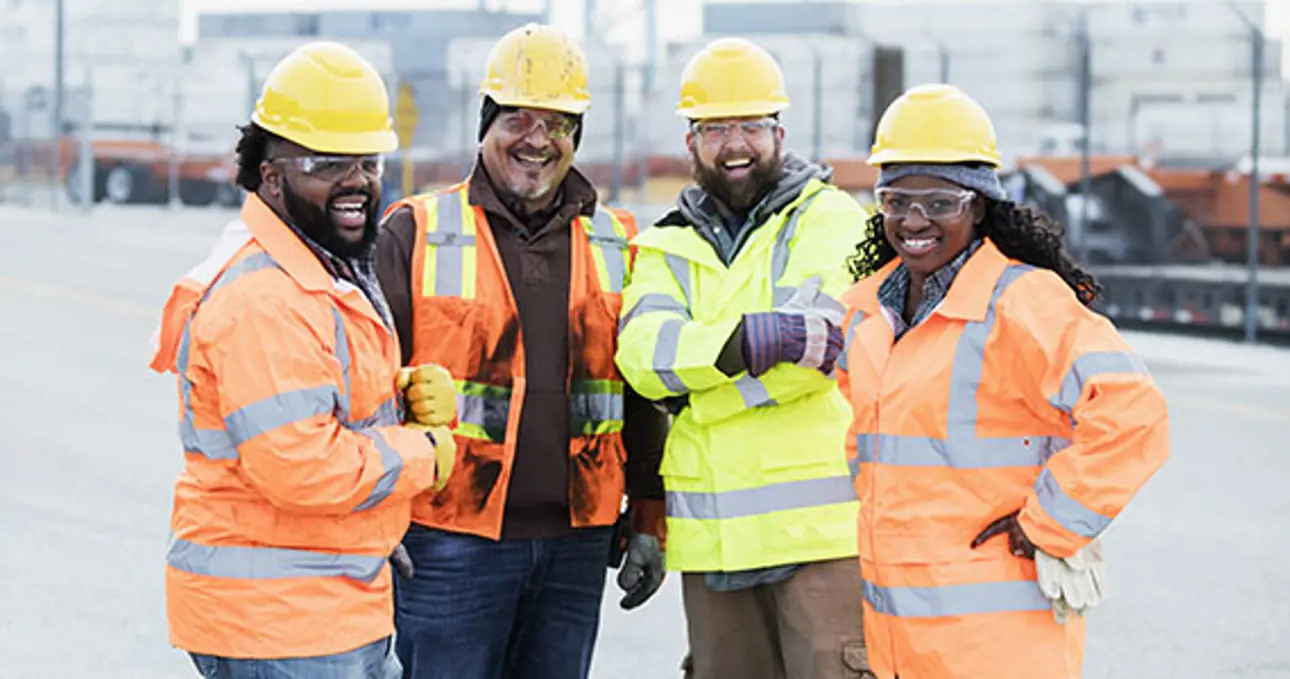Developing more sustainable transportation

Valmet transports large amounts of products in its operations and is therefore constantly seeking more sustainable transportation methods.
“Transport sector is responsible for about a quarter of total global carbon dioxide emissions and for this reason, the sector indisputably has huge responsibility towards the environment. Valmet has created a roadmap for developing more sustainable transportation solutions and reducing their CO2 impact. For example, we have developed more light-weight and standardized packaging solutions, collaborated with key transportation suppliers on sustainability development and increased the use of alternative shipping modes,” says Janne Loikkanen, Head of Indirect Procurement and Logistics, Valmet.
Tools for choosing the correct transport mode
Valmet has also developed its own transport management system to secure supply chain visibility and better control over costs as well as to optimize and consolidate shipments.
The system is meant for everyone booking the transports, either working at Valmet or Valmet’s suppliers.
“Valmet Transport Gateway gives users tools and assistance to choose the correct transport mode and plan the transport time. Not to mention the time it saves for the single user each day. The system is well integrated with our ERP systems and key transportation suppliers’ systems, enabling the users to automate their transport booking and follow-up processes. This is a benefit for the whole network as Valmet, Valmet goods suppliers and transportation service providers have access to same information,” says Sari Tuominen, Global Category Manager, Valmet
Selecting transport partners from sustainability point of view
In transportation supplier contracts Valmet continues to strive for efficiency, both in performance and in reducing CO2 emissions. Sustainability also has an increasing role in Valmet’s transportation supplier selection, being one evaluation criterion. Valmet’s transportation suppliers must have a sustainability agenda, and they are obliged to report on their sustainability work and achievements to Valmet.
These reports can consist of several different topics, such as:
- Sustainability development programs and investments in sustainability
- New innovations which support sustainability development
- CO2 emissions and development for Valmet shipments
- Social and corporate responsibility
- Health and security work
- Sustainability requirements for sub-contractors
Good planning is the key
“At Valmet, we are always discussing with our partners how to improve sustainability together. Our suppliers’ reports form the basis for dialogue and collaboration to find more sustainable transportation solutions. Our goal is to provide complete transparency in carbon emissions. Other solutions we are currently discussing are for example rail transportation from China to Europe and short sea shipments in Europe,” explains Mats Friis-Liby, Global Category Manager, Valmet.
According to Friis-Liby, good planning is the key as longer lead times give the chance to purchase and deliver goods in the best way possible from a sustainable point of view.
“Instead of air, we can use ocean freight. Instead of sending half-full containers and trailers, we can consolidate more cargo and have a better filling rate. Instead of dedicated truck or first-flight-out, we can use groupage service and consolidated shipments. It’s a win-win - we save both our cost and our environment!”
Valmet’s key achievements in sustainable transportation and logistics in 2019:
- Procurement guidelines to prefer more sustainable service providers in purchasing decisions
- Sustainability questionnaire to support transportation supplier selection
- Guidelines for measuring service providers’ progress in reducing emissions
- Guidelines for selecting the most economical transportation mode
- Air shipment reduction by 15%
- Piloting rail transportation as an alternative to air and ocean transportations on the Nordics-China-Nordics route
- Piloting non-plastic packaging solutions